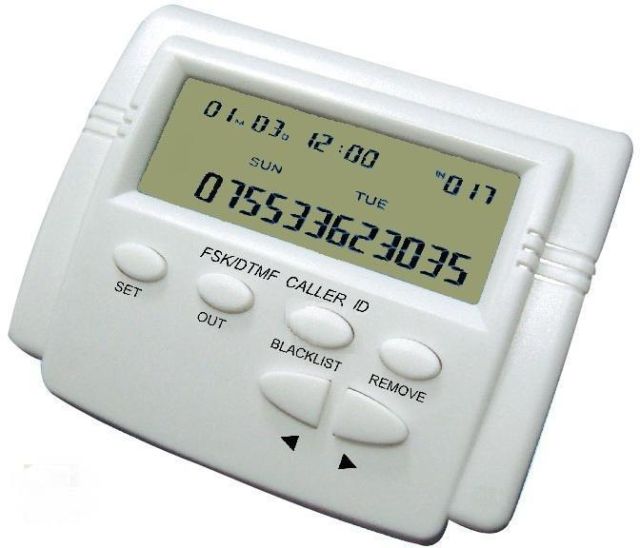Identity Theft: What to Do if Your Identity Has Been Stolen
Nowadays, when you lose your wallet or Smartphone, you have to deal with the possibility that your identity may get stolen, too. And sometimes, you don’t even have to lose any possession for this to happen. Hackers can gain access to your personal information such credit card and bank account numbers when they break into data systems.
The worst thing about identity theft is that there’s a chance you won’t know right away if you’ve been victimized because thieves can be discreet in their unscrupulous actions. Fortunately, vigilance is your biggest ally. Always keep an eye out for suspicious instances, such as unfamiliar charges in your credit card, unsolicited calls from debt collectors for a loan you didn’t make, etc. These are just a couple of the usual signs that your identity has been compromised. And when in doubt, seek advice from someone who has a master’s degree in information security. Don’t wait to get arrested for a crime someone else committed in your name! Yes, it happened before to someone else, and it can happen to you.
You can let go of what you own, but not of who you are. It’s time to take back what’s rightfully yours. Here are the steps you need to do if you ever find yourself a victim of identity theft:
Take action immediately
Don’t wait for your accounts to show discrepancies before making any action. As soon as you know that any of your information has been lost or stolen, call the necessary credit reporting companies and ask for a fraud alert to be placed on your file. Then, order copies of your credit report so that you’ll have proof of the status of your accounts before the breach. Make sure to record the details of your conversations with the credit reporting companies, whether they’re via email or by phone. Next, proceed to monitor all your bank accounts for unauthorized activities.
If you think leaving your accounts active is too risky, you can request for a credit freeze on your file so that identity thieves who have access to your information can’t obtain a copy of your credit report. Without a credit report, they would be unable to open accounts under your name. Hopefully, this would discourage them from trying to use your name for their purposes.
You can ask the freeze to be lifted temporarily if you need a copy of your credit report. You can also ask the freeze to be lifted permanently if you feel the danger has already passed. But take note that different states have different laws for credit freezing. Some states ask for a charge, while others do it for free.
Confirm with Attorney General
Before requesting for a credit freeze, reach out to your state Attorney General to confirm if there’s a charge. Also ask about the duration, so that you’ll know when to request for a new freeze again, just in case the need for one persists. Next, contact every credit reporting company, let them know that your identity has been stolen, ask for a credit freeze on your file, and pay the fees as dictated by the laws of your state.
Finally, create an identity theft report that protects you from being made liable for debts incurred by unauthorized third parties. Debt collectors can’t ask you to make payments for loans you didn’t make. They also can’t sell your debt to another company for collection purposes.
The identity theft report has two components: an identity theft affidavit and a police report. For the affidavit, write down the details of the theft, print a copy, and submit it to the Federal Trade Commission (FTC) for affirmation. For the police report, go to the police and let them know about the theft. Ask for a copy of the police report, or the report number at the least.
Attach the affidavit to the police report to create your official identity theft report.
For more detailed information on how to request for an affidavit and how to file a police report, refer to FTC’s guide.





